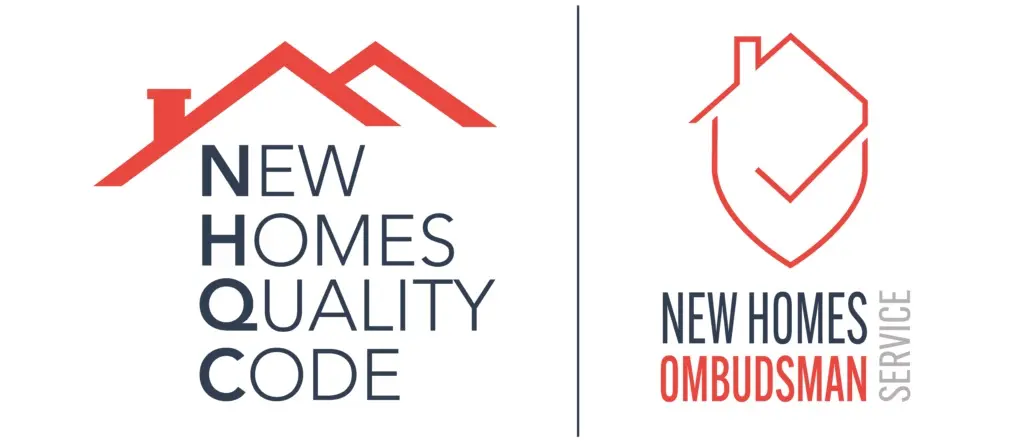
In 2022, the UK government initiated a new impartial regulator called the New Homes Ombudsman Service (NHOS) designed to investigate and resolve consumer complaints relating to newly built homes.
The New Homes Quality Code was set up by the New Homes Quality Board, in which developers can become registered members. Members are expected to abide by the principles in the Code, which aims to improve the quality and safety measures of new build homes.
Developers registered with the New Homes Quality Board fall under the jurisdiction of the New Homes Ombudsman Service. Anyone can look at the list of registered developers who are obliged to follow the Code and are held to account by the ombudsman should any disputes arise.
The scheme gives new build homeowners the ability to make complaints against New Homes Quality Board registered developers and have their disputes thoroughly investigated and determined by an independent body.
Introduced as part of the Building Safety Act 2022, the New Homes Ombudsman Service covers the whole period from reservation through to completion as well as after-sales and complaints management for issues during the first two years of ownership.
The New Homes Ombudsman will have the power to receive, investigate, and determine complaints against registered developers made by new-home buyers. In addition, the NHOS will also have the power to:
- Ask developers to provide an explanation and/or make an apology;
- Ask the developer to rectify any issues;
- Require developers to pay compensation to the complainant; and
- Make ‘Improvement Recommendations’ to members.
How does the New Home Ombudsman work?
The NHOS process will begin by assessing whether a developer has complied with the requirements of the New Homes Quality Code, in terms of responding appropriately to customer complaints and handling issues.
The NHOS is an evidence-based process which means that it relies on documents provided by the customer and developer to understand what has happened. These can include photographs, reports, contracts, and any correspondence between the two parties, as well as outlining which part of the Code the customer believes has been breached. Right now, site visits are not considered fundamental to reaching a fair judgement in cases, but this may change in future.
Once the ombudsman has received a complaint submission from a customer, the NHOS will assign a caseworker who will then invite the developer in question to view and respond to the allegations presented. Developers will also be able to provide submissions of their own.
A key aspect of the ombudsman service is working with both parties to try and ensure developers and customers reach an amicable agreement without the ombudsman having to resort to a formal decision. In such cases, the ombudsman will then write to both parties confirming the agreed solution.
As a last resort, where an agreement is not reached, the ombudsman will review the evidence, make further enquiries where appropriate, and issue a decision. The decision and the NHOS findings will be set out in a report that will also explain the required remedies.
BHW Conveyancing is the leading residential property law firm in Leicestershire and is ranked in the top ten real estate firms in the East Midlands by the Legal 500 guide. We pride ourselves on giving our clients a seamless and efficient end-to-end conveyancing service and adhere to high-quality industry standards. We work with many estate agents and financial advisors as their preferred conveyancing partner. Due to our proactive approach to progressing our clients’ property transactions, we are constantly being referred time and time again.
Whether you are a property professional, seller, or buyer, we can help with your residential conveyancing queries. To request a personal conveyancing quotation, or to discuss setting up a professional referral relationship with your business, please call us on +44 (0)116 289 7000 or send us an email at conveyancing@bhwsolicitors.com.
The content of our site is provided for general information purposes only and does not constitute legal or other professional advice.

